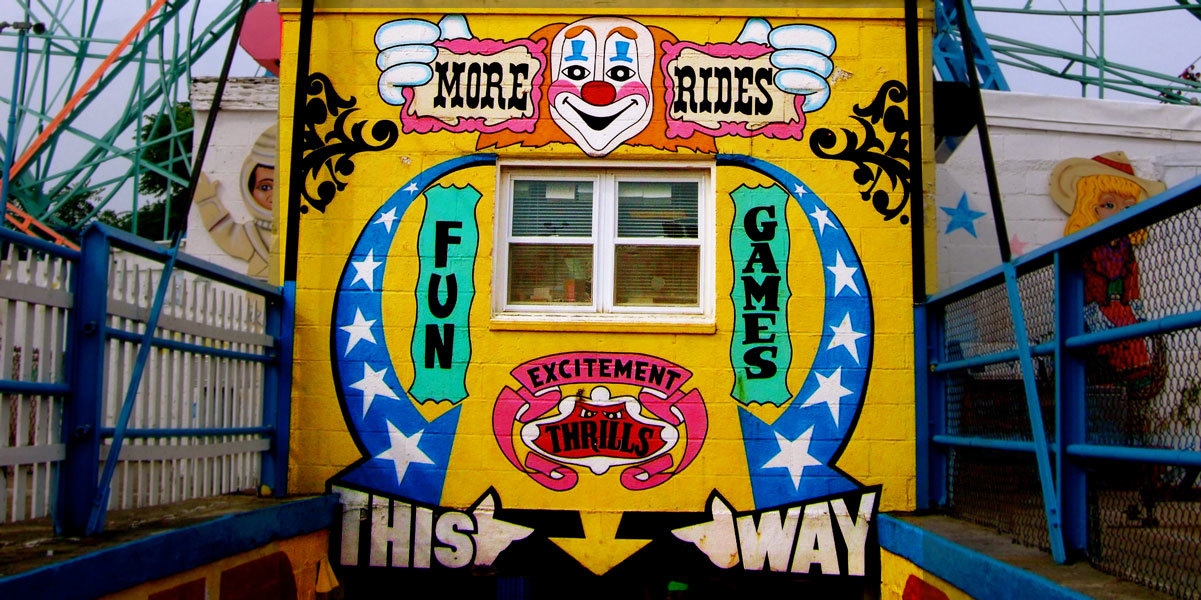Muhammad Ali is already the subject of many, many fine books and films. The distinguishing feature of the new documentary I Am Ali, which I reviewed for NPR today, is that filmmaker Clare Lewins was given permission to use never-before-released private tapes that Ali made of his conversations with his daughters and close confidants for his own enjoyment.
As someone who has listened to all 537 episodes of This American Life, many of them more than once and some of them more than twice, and who has annoyed my parents, brother, friends, and girlfriends by recording lengthy interviews with them on various occasions, this approach strikes a chord with me. The recorded voice of someone speaking to one other person will always feel more intimate than a close-up photograph ever could – to me, at least.The excerpts Lewins uses mostly date from the late 70s, by which time Ali, having reached his mid-30s, had slowed down and was getting hit more than he ever had in his twenties. He also started to exhibit symptoms of the Parkinson’s syndrome with which he would finally be diagnosed in 1984.
With so much strong Ali scholarship in the world already, I Am Ali can muster only slight contributions to the canon, but it’s a well-made and inspiring tribute to The Greatest if you're looking for an all-in-one Ali doc. Like I said in my review, the best Ali documentaries have tended to zoom in on a single fight or era of his life. What I happened to learn from this one is how Ali came to pose as St. Sebastian for the April 1968 issue of Esquire.



